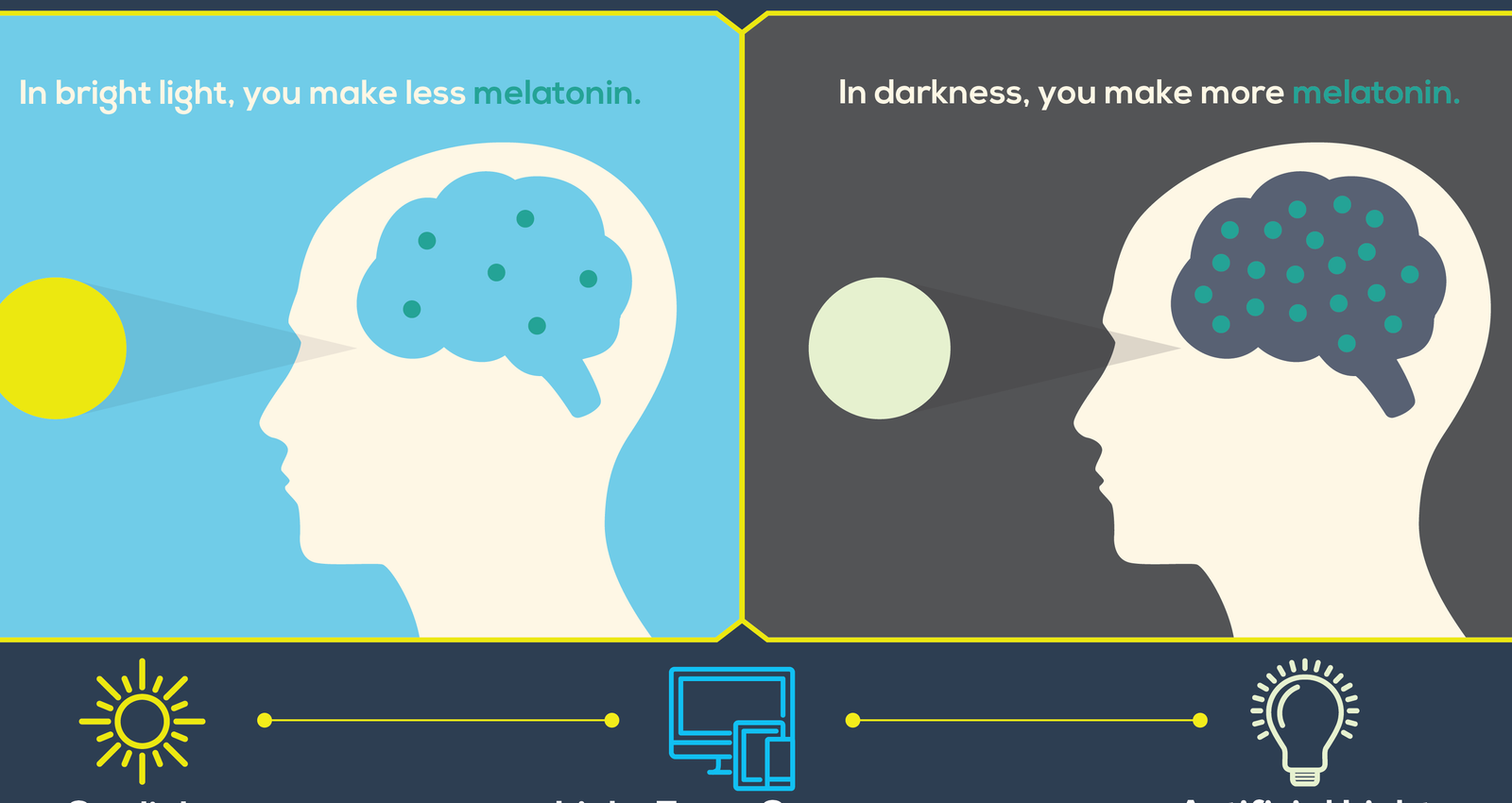Artificial Light
Artificial light has become an integral part of modern life, but it has also been linked to a number of health problems, particularly when it comes to sleep. Exposure to artificial light at night can disrupt the body’s natural sleep-wake cycle, leading to a range of health problems. In this article, we will explore the impact of artificial light on sleep and health.
Impact of artificial light
The human body has an internal clock, known as the circadian rhythm, which regulates many physiological processes, including sleep. This clock is set by exposure to light, particularly sunlight. When the body is exposed to light, particularly in the morning, it suppresses the production of the hormone melatonin, which promotes sleep. At night, when there is no exposure to light, the body produces more melatonin, which helps to promote sleep.
However, exposure to artificial light at night can disrupt this natural cycle, leading to a range of health problems. One of the most common problems associated with exposure to artificial light at night is insomnia. Insomnia is a sleep disorder characterized by difficulty falling asleep or staying asleep. Exposure to artificial light at night can make it harder to fall asleep and stay asleep, leading to insomnia.
In addition to insomnia, exposure to artificial light at night has also been linked to a range of other health problems. For example, studies have found that exposure to artificial light at night can increase the risk of depression, obesity, diabetes, and cardiovascular disease. This is because exposure to artificial light at night can disrupt the body’s natural circadian rhythm, leading to a range of health problems.
One of the most common sources of artificial light at night is electronic devices, such as televisions, smartphones, and tablets. These devices emit blue light, which has been shown to be particularly disruptive to sleep. Blue light has a short wavelength, which means that it scatters more easily than other colors of light. This means that it is more likely to reach the back of the eye, where it can interfere with the production of melatonin.
To reduce the impact of artificial light on sleep and health, there are several steps that people can take. One of the most effective steps is to limit exposure to electronic devices at night. This can be done by turning off electronic devices at least an hour before bedtime, or by using blue light filters on electronic devices. Blue light filters reduce the amount of blue light emitted by electronic devices, making it less likely to interfere with sleep.
Another step that people can take to reduce the impact of artificial light on sleep and health is to use dimmer lighting in the evening. Bright lights can suppress the production of melatonin, so using dimmer lighting can help to promote the production of melatonin and improve sleep. This can be achieved by using lamps with lower wattage bulbs or by installing dimmer switches on existing lights.
In addition to limiting exposure to artificial light at night, it is also important to ensure that the bedroom is conducive to sleep. This means keeping the bedroom dark, quiet, and cool. This can be achieved by using blackout curtains or blinds to block out external light, using earplugs to block out external noise, and keeping the temperature of the bedroom cool.
There are also several natural remedies that can help to improve sleep. For example, herbal teas, such as chamomile tea, can help to promote sleep. Other natural remedies, such as lavender oil, can also help to promote relaxation and improve sleep.
Conclusion
In conclusion, exposure to artificial light at night can have a significant impact on sleep and health. By disrupting the body’s natural circadian rhythm, exposure to artificial light at night can lead to a range of health problems, including insomnia, depression, obesity, diabetes, and cardiovascular disease. To reduce the impact of artificial light on sleep and health, it is important to limit exposure to electronic devices at night, use dimmer lighting in the evening, and ensure that the bedroom is conducive to sleep. By taking these steps, it is possible to improve sleep and reduce the risk of a range of health problems associated with exposure to artificial light at night.













